① 〜から and 〜ので (Because, so, as)
〜から More casual
〜ので More formal
Verb + から/ので
い adjective + から/ので (past tense: 〜かったから/ので)
な adjective + だ + から/な + ので (past tense: 〜だったから/ので)
Noun + だ + から/な + ので (past tense: 〜だったから/ので)
Examples
来年ヨーロッパに旅行に行きたいので、貯金をしています。
I want to travel to Europe next year, so I am saving up.
電車に遅れると困るから急ごう!
Let’s hurry because we don’t want to be late for the train!
この書類は今週中に提出しなければならないので、できるだけ早くご回答いただけると嬉しいです。
I would be grateful for a response as soon as possible, as this document has to be submitted before the end of this week.
目的地が思ったより駅から遠かったので10分ほど遅れてしまった。
I was 10 minutes late for the meet-up because my destination was further from the station than I expected.
図書館は静かだから勉強に集中できる。
Libraries are quiet so I can concentrate on your studies.
② 〜ため (Reason, cause of a state)
Used for formal speech, news and writing.
Verb + ため
い adjective + ため (past tense: 〜かったため)
な adjective な + ため (past tense: 〜だったため)
Noun + の + ため
Examples
製造過程で遅れが出ているため、出荷も1週間ほど遅れる予定です。
Due to delays in the production process, shipments will also be delayed by one week.
この建物は非常に古いため、取り壊されることになりました。
This building is very old and is to be demolished.
午後1時に起きた人身事故のため、山手線に遅れが出ています。
There are delays on the Yamanote Line due to a personal injury accident that occurred at 1pm.
体調不良のため、今日はお休みさせていただきます。
I am feeling unwell, so I will be absent today.
③ 〜て (Conjunctive)
Express the speaker’s feeling
Verb in TE form
い adjective い + くて
な adjective + で
Examples
お会いできて嬉しいです。
It’s nice to meet you.
お返事が遅くなってしまって、申し訳ありませんでした。
I am sorry for my late response.
お隣さんがうるさくて、昨日の夜全然眠れませんでした。
I couldn’t sleep at all last night because my neighbour was very noisy.
盛り付けが綺麗で、食べるのがもったいないです。
It’s a shame to eat it because it’s arranged so beautifully on a plate.
④ 〜のだから/〜ものだから (Because)
〜のだから expresses the speaker’s feeling, order, judgement or wish
For casual speech, you can say 〜んだから instead.
〜ものだから expresses unexpected or unwilling results
Verb + のだから/ものだから
い adjective + のだから/ものだから (past tense: 〜かったのだから/ものだから)
な adjective な + のだから/ものだから (past tense: 〜だったのだから/ものだから)
Noun + な + のだから/ものだから
Examples
せっかくここまでやってきたのだから、最後まで頑張りましょう。
We’ve come all this way, so let’s get this job done.
田中さん、あんなに中国語も英語も上手なんだから、国際関係の仕事をすればいいのにね。
Tanaka-san should work in international relations because she speaks Chinese and English so well, don’t you think so?
緊急の仕事が入ったものだから、楽しみにしていた飲み会を欠席しなければなりませんでした。
I had to miss a drinking session I was looking forward to because I had urgent business to attend to.
スカイツリーの展望台ですか?私は遠慮します。高いところが苦手なものですから。
The Skytree observation deck? No thank you. I’m not good with heights.
⑤ 〜おかげで/〜せいで (Thanks to [positive]/Because of [negative])
〜おかげで expresses positive and willing state
〜せいで expresses negative and unwilling state
Verb + おかげで/せいで
い adjective + おかげで/せいで (past tense: 〜かったおかげで/せいで)
な adjective な + おかげで/せいで (past tense: 〜だったおかげで/せいで)
Noun + の + おかげで/せいで
Examples
先生にアドバイスをいただいたおかげで、面接はうまくいきました。
Thanks to the advice I received from my teacher, the interview went well.
カフェが静かだったおかげで、コーヒーを飲みながら読書に集中できた。
Thanks to the quietness of the café, I was able to concentrate on my reading with a cup of coffee.
マンションの前で工事をしているせいでとてもうるさいです。
It is very noisy due to construction work in front of my flats.
大雨のせいで、楽しみにしていたサッカーの試合が中止になってしまった。
Heavy rain caused the cancellation of a football match that I was looking forward to.




Comments